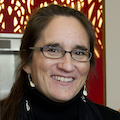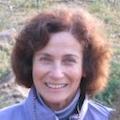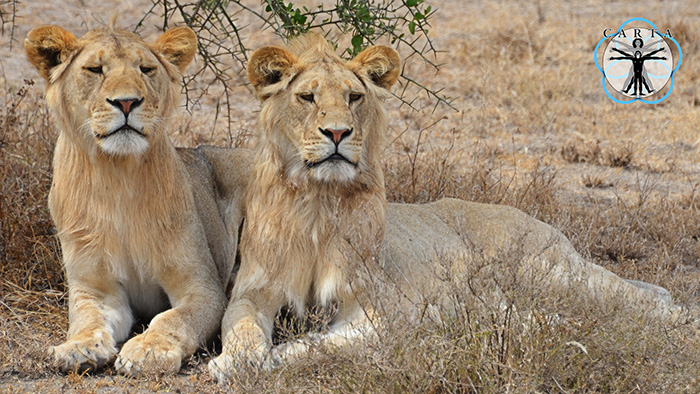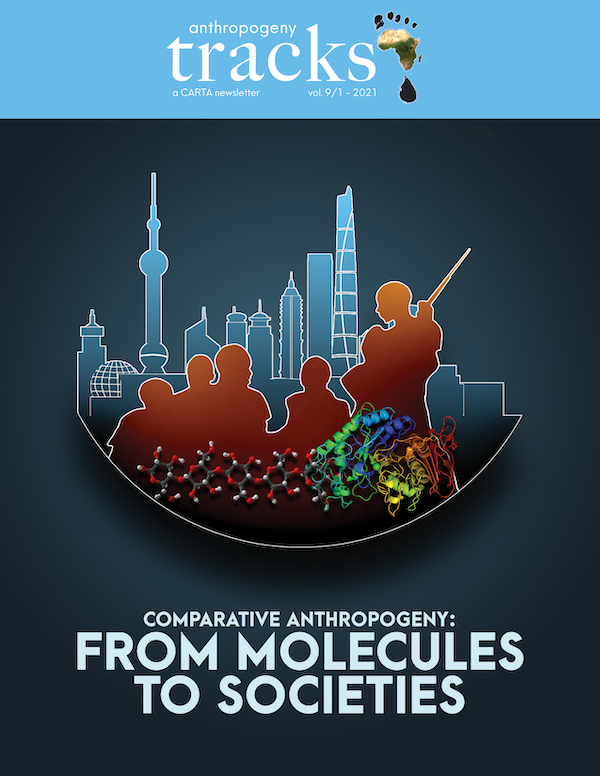
Welcome to the second digital issue of Anthropogeny Tracks!
While 2021 may not have brought the total respite from the spectre of COVID so long awaited, it did bring its fair share of successes. CARTA is pleased to share in this digital issue of Anthropogeny Tracks, a sampling of some of this year’s highlights, which provide ample evidence of human resilience and adaptation. We hope that you will find enjoyment in re-living these memories as much as we did in making them!
With gratitude,
K. Lindsay Hunter
Director, Community Engagement and Advancement
UC San Diego Center for Academic Research and Training in Anthropogeny (CARTA)
"Inside" CARTA's 2021 Year-end Round-up...
- Awards & Honors
- CARTA Members in the News
- Spotlight on MOCA/CompAnth
- Retirement Tribute: Rich Wargo
- Upcoming CARTA Symposia
- CARTA-Inspired Publications
- New CARTA Zoom Backgrounds
- Support CARTA
- Follow Us on Social Media
External Awards & Honors
The following external awards and honors were received by CARTA Members and shared with us since our last newsletter. You may learn more about each CARTA Member by clicking on their name to view their full CARTA profile. To update your own CARTA profile, login to the CARTA website (or create a new account) and click on "My Account" in the navigation.
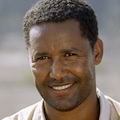
Zeresenay Alemseged, University of Chicago
was elected to the American Academy of Arts and Sciences in 2021
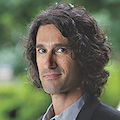
Agustín Fuentes, Princeton University
was elected to the American Academy of Arts and Sciences in 2020

Katerina Harvati-Papatheodorou , University Tübingen & Senckenberg Centre for Human Evolution and Palaeoenvironment

Nina G. Jablonski, Pennsylvania State University

Daniel Lieberman, Harvard University
was elected to the American Academy of Arts and Sciences in 2020
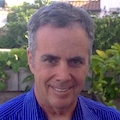
Victor Nizet, UC San Diego
received the 2022 D.C. White Award for Interdisciplinary Research from the American Society for Microbiology

Briana Pobiner, George Washington University
was the recipient of the 2021 American Association of Physical Anthropology and Leakey Foundation Outreach and Communication Award in honor of Camilla M. Smith

Sarah Tishkoff, University of Pennsylvania
was elected to the American Academy of Arts and Sciences in 2021
Graduate Fellowships
It is CARTA's great pleasure to announce the awarding of the Annette Merle-Smith Fellowships and the CARTA Fellowships in Anthropogeny for 2021-22. Congratulations to all our scholars and thank you to our generous sponsors, especially Mrs. Annette Merle-Smith, who have made their studies possible! You may learn more about each student by clicking on their name to view their full CARTA profile. To update your own CARTA profile, login to the CARTA website (or create a new account) and click on "My Account" in the navigation.
Read more about the history of these Fellowship Programs and browse our past awardees. We invite you to also learn more about UC San Diego's "Faculty of Anthropogeny," which includes CARTA members and local experts and offers the one-of-a-kind trans-disciplinary Graduate Specialization in Anthropogeny.
2021-2022 Annette Merle-Smith Fellows
2021-2022 CARTA Fellows
Haleh Yazdi Wins 2021 UC San Diego Grad SLAM Competition
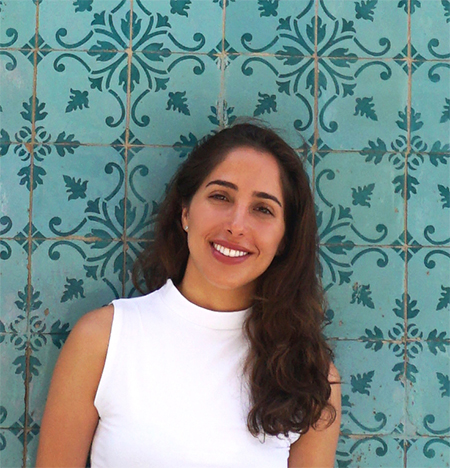
Haleh Yazdi, CARTA Anthropogeny Specialization Track Graduate
UC San Diego psychology Ph.D. candidate, Haleh Yazdi, research was enriched through her participation in the Graduate Specialization in Anthropogeny. Presenting on this work recently earned her the title of 2021 Grad SLAM campus champ.
Read more in UCSD News "Exploration of Childhood Prejudice Presentation Wins Grad SLAM 2021".
Learn more about Haleh's experience at CARTA in her "2020 Reflection from Experimental Psychology".

Francis Collins, National Institutes of Health
to step down as director of the National Institutes of Health

Keolu Fox, UC San Diego
was quoted in Science: ‘No one could have predicted.’ DNA offers surprises on how Polynesia was settled
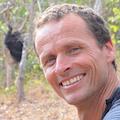
Pascal Gagneux, UC San Diego and Ajit Varki, UC San Diego
were both featured in Quanta Magazine: Researchers Read the Sugary 'Language' on Cell Surfaces
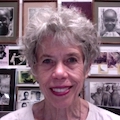
Kristen Hawkes, University of Utah
was profiled in Smithsonian Magazine: How Much Did Grandmothers Influence Human Evolution?

Grazyna Jasienska, Jagiellonian University
was mentioned in Smithsonian Magazine: How Much Did Grandmothers Influence Human Evolution?

Alysson Muotri, UC San Digeo
was featured in The New York Times: Tiny Blobs of Brain Cells Could Reveal How Your Mind Differs From a Neanderthal’s and UC San Diego Health News: How a Single Gene Alteration May Have Separated Modern Humans from Predecessors

Katerina Semendeferi, UC San Digeo
was featured in The New York Times: Tiny Blobs of Brain Cells Could Reveal How Your Mind Differs From a Neanderthal’s and UC San Diego Health News: How a Single Gene Alteration May Have Separated Modern Humans from Predecessors
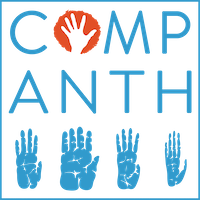 CARTA is pleased to share an update on the recent progress of the Matrix of Comparative Anthropogeny (MOCA)/Comparative Anthropogeny (CompAnth) project. This project and its related annual public symposia are made possible through the generosity of CARTA Major Sponsor Annette Merle-Smith.
CARTA is pleased to share an update on the recent progress of the Matrix of Comparative Anthropogeny (MOCA)/Comparative Anthropogeny (CompAnth) project. This project and its related annual public symposia are made possible through the generosity of CARTA Major Sponsor Annette Merle-Smith.
The Comparative Anthropogeny (CompAnth) series gathers dedicated CARTA Members and MOCA entry editors for discussions regarding humans and our closest evolutionary cousins (chimpanzees, bonobos, gorillas and orangutans i.e., "great apes"), with an emphasis on uniquely human features. These insights form the foundation for CARTA's "Matrix of Comparative Anthropogeny (MOCA)" online resource and upcoming ebook entitled, "Comparative Anthropogeny (CompAnth)."
Comparative Anthropogeny (CompAnth) public symposia are projected to take place annually, and are led by co-chairs: CARTA Associate Director Pascal Gagneux (University of California, San Diego) and CARTA Member Alyssa Crittenden (University of Nevada, Las Vegas). The first CompAnth symposium, “Exploring the Human-Ape Paradox,” took place on October 24, 2020, with the second, “From Molecules to Societies,” just past on October 16, 2021. As the series evolves, we look forward to sharing more updates and symposia!
What is THE MATRIX OF COMPARATIVE ANTHROPOGENY (MOCA)?
The Matrix of Comparative Anthropogeny (MOCA) is a collection of comparative information regarding humans and our closest evolutionary cousins (chimpanzees, bonobos, gorillas and orangutans i.e., "great apes"), with an emphasis on uniquely human features.
MOCA attempts to collect existing information about human-specific differences from "great apes," currently scattered in the literature. Having such information in one location could lead to new insights and multi-disciplinary interactions, and to ethically sound studies to explain differences, and uniquely human specializations. It is for this reason that MOCA is called a "matrix" -- i.e., an arrangement of information from which something else originates, develops, or takes form. *
MOCA is organized by Domains (24 in total), each grouping Topics by areas of interest and scientific discipline (each topic presents existing data about a particular difference between humans and non-human hominids). Each topic entry will eventually cover existing information about a particular difference (alleged or documented) between humans and non-human hominids.
MOCA is not targeted at experts in specific disciplines, but rather aims to communicate basic information to a broad audience of scientists from many backgrounds, and to the interested lay public. MOCA includes not only aspects wherein there are known or apparent differences between humans and “great apes,” but additionally, topics for which popular wisdom about claimed or assumed differences is not entirely correct.
By definition, MOCA is a perpetual work in progress. The site was launched at an early stage so that interested readers with expertise on specific topics can provide feedback. New information and topics will continue to be added as they are identified or discovered.
Read "How Different Are Humans and “Great Apes”? A Matrix of Comparative Anthropogeny" or browse the MOCA FAQ for additional questions and answers about MOCA.
*NOTE: In February of 2012, the name "Museum of Comparative Anthropogeny" was renamed "Matrix of Comparative Anthropogeny".
Former UCSD-TV Science Producer
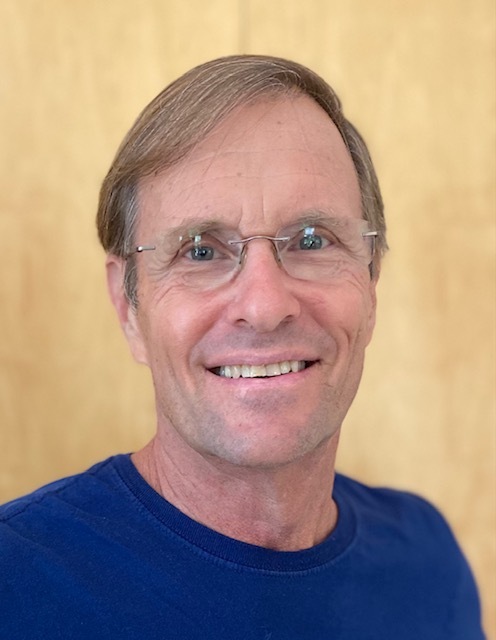
Rich Wargo, Former UCSD-TV Science Producer. (Photo provided by Rich Wargo)
It is with mixed feelings that we share the news that CARTA’s longtime UCSD-TV partner, Science Producer Rich Wargo, retired from his position following the end of the last academic year.
If you have appreciated CARTA’s symposia videos and closed captioning, your enjoyment was likely in no small part due to Rich and his team’s masterful editing. CARTA owes him a debt of gratitude for always showing our speakers and their research off to their best advantage, and he has departed only after boosting CARTA’s visibility to a global online audience that will soon reach 40 million views. Thank you, Rich, for sharing your enthusiasm and expertise with CARTA, our members, and audiences near and far, as well as for helping put us within reach of this important online milestone of 4 million views.
Please join CARTA in thanking Rich Wargo for his exceptional service to UC San Diego and in wishing him well as he enjoys this next chapter of his life. CARTA’s complete Symposia Video Archive can be viewed on UCSD-TV, iTunes, YouTube, and the CARTA website.
A native San Diegan, Rich received his BA from UCSD and his master's degree from the School of the Art Institute of Chicago. His professional preparation is highlighted by extensive experience with production of film and television for features, documentaries and feature news for domestic and foreign broadcast media, including PBS Frontline, WDR Germany, 48 Hours and CBS Evening, NBC Nightly, and ABC World News. His works have been exhibited in major venues and media in New York, Chicago, Los Angeles, Berlin, Venice, London, Sydney, Mexico, South America, China and across India.
His programming has brought national and international recognition to UCSD-TV with Emmy, Aurora, Telly and United States International Film and Video Festival awards. (https://www.ucsd.tv/RelatedContent.aspx?RelatedID=185)
Join CARTA in 2022 as we continue our physically distanced, yet engaging, online symposia, during which we explore the origin of humans and the implications for the past, present and future of our species. Detailed event and registration information will be provided on each symposium page. All event times are Pacific. Download the 2022 CARTA symposia schedule (PDF).
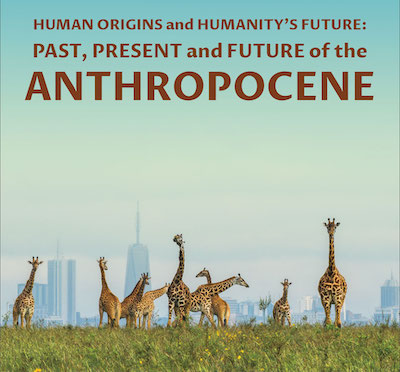
Human Origins and Humanity's Future: Past, Present and Future of the Anthropocene
Saturday, March 5, 2022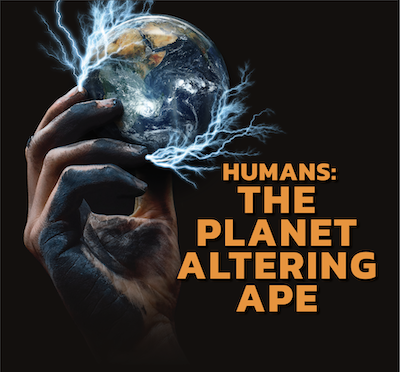
Humans: The Planet Altering Ape
Friday, May 13, 2022
A selection of CARTA-inspired publications submitted by CARTA Members, which acknowledge CARTA's role in contributing to the research described. CARTA members are listed in bold.
As CARTA's gift to you, Program Coordinator, Jesse Robie, has crafted new 2021 virtual backgrounds from beautiful photographs taken during CARTA's pre-pandemic field courses that you can download for FREE!
Thanks to CARTA staff Linda Nelson, Pascal Gagneux, Jesse Robie, and CARTA students Anupam Garg, Stephan Kaufhold and Megan Kirchgessner, for these images.
CARTA’s quest to explore and explain the human phenomenon is shared by many across the globe, and CARTA connects us all – scientists and philosophers, students and teachers, people with questions and others with answers. Through access to free UCSD-TV broadcasts and archived videos on multiple websites, the global CARTA community grows with each lecture that is experienced and passed forward. Help us preserve this free flow of information about what it means to be human. Consider a donation of $20, $35, $50 or more to keep CARTA’s symposia free to attend and view online.
Click the button below to begin your 100% tax-deductible donation:
Connect via social to CARTA enthusiasts and members around the world.
